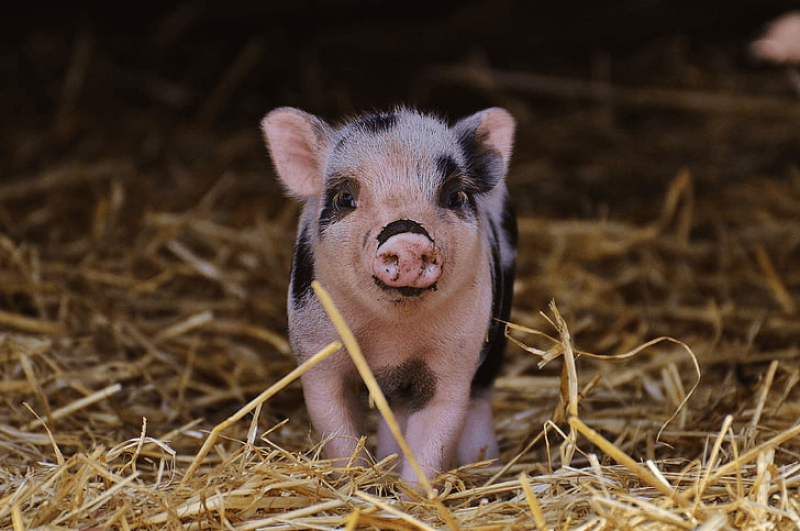A research group at the Norwegian company Norsvin will study better methods for fertilizing pigs in the laboratory and transporting frozen embryos to sows in Norway and abroad. This is a major step forward, the company says.
Animal rights activists do not agree.
“When we send embryos instead of live pigs, we reduce the risk of infection. We see that this may become a demand from international customers. In addition, we can introduce new genes into pig herds that are already free of various diseases. This is particularly relevant in Norway,” [researcher Reina Jochems] said.
It is also good for the climate and animal welfare, according to Jochems.
…
According to the Animal Welfare Alliance, embryo transfer most often involves hormone treatment, invasive removal of the eggs from the donor female, sperm collection from the male animal and finally artificial implantation of embryos into the recipient female.
“There is still little knowledge about embryo transfer in pigs. We will ask the Council for Animal Ethics to consider the topic,” [Anton] Krag said.































